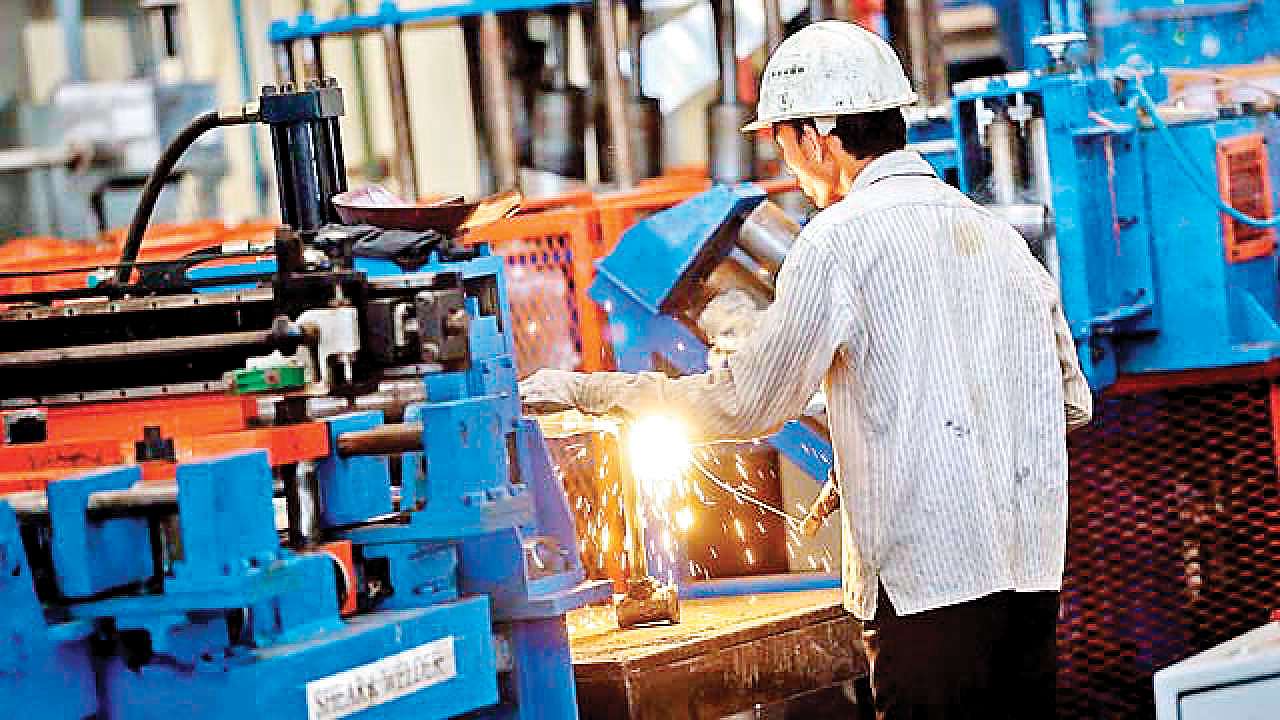
The Micro, Small and Medium Enterprises (MSME) sector in India has emerged from being the cradle of entrepreneurship, innovation and dynamism to becoming a symbol of social transformation. The sector is the backbone of the Indian economy. It thus becomes imperative to recognise its contribution to national growth and provide the necessary impetus to enhance its capability and provide a platform from which global enterprises can emerge.
The MSME sector has emerged as a highly vibrant and dynamic sector of the Indian economy, contributing around 8 to 10 per cent of the GDP and employing around 11 crore people, directly and indirectly.
Over 50 per cent of MSMEs in India are rural enterprises widely distributed across low-income states, making them an important sector for promoting inclusive economic growth.
In comparison, in developed economies like Germany, France, UK and US, MSMEs contribute almost 50 percent to the GDP. Indian MSMEs have the potential to achieve the same.
The two major issues faced by Indian MSMEs are the lack of availability of adequate and timely credit and the high cost of credit.
In India, banks charge about 9 and 16 per cent, while non-banking financing companies (NBFC) take up to 24 per cent. The high cost of funding, which ranges from 9-24 per cent depending on their funding facility and risk, hurts their competitiveness. In comparison, across Europe, the interest rates are as low as 2-2.5 per cent.
The lack of debt financing options for small entrepreneurs in India has meant that businesses grow slower and are less able to take advantage of economic opportunities.
To facilitate liquidity and smoother transactions to the MSME sector, the central government on its part has taken a lot of initiatives. It has increased the mandated procurement for public sector companies from MSMEs.
Public sector companies, which were mandated to source 20 per cent of their annual procurement from MSMEs, will now source at least a quarter of their requirement (25 per cent) from the sector.
In addition, the government has announced Rs 6,000 crore financial package to facilitate better technological support and tools to small industries. The fund will be used in over 20 MSME hubs and 100 tool-rooms for technology upgradation.
To improve credit inflows, the Ministry of MSME has asked large private companies and public sector units (PSU) to report the amounts pending with respective MSME vendors, as well as the reasons of holding up their dues in cases, if any.
The notification has also directed the companies to report in their half-yearly statement, cases where payments have been delayed by more than 45 days. This move is expected to exhort both corporate companies and PSUs to make on-time payment to MSMEs.
Another scheme with 59-minute loan facility of up to Rs 1 crore for small and medium entrepreneurs has emerged as the country’s largest online lending platform, with loan sanctions exceeding over Rs 35,000 crore.
Since the launch, over 1.6 lakh MSME units were given in-principle approvals, while over 1 lakh got the final nod as on February 27.
Out of this, about 36,000 units got new loans worth about Rs 10,000 crore, while around 77,000 units received renewal loans of Rs 26,000 crore.
The central government has also kept a target to disburse loans of up to Rs 3 lakh crore until March 31, 2019, under the Micro Units Development and Refinance Agency Ltd (Mudra) Yojana.
The total loan disbursed under the Mudra Yojana as on February 22, 2019, stood at over Rs 2,02,669 crore as against sanctioned amount of Rs 2,10,760 crore.
Banks and financial institutions have also been directed to give out loans to small entrepreneurs, especially women and backward classes.
The government has encouraged the RBI to provide relief to the stressed MSME sector. The Reserve Bank of India (RBI), at the beginning of the year, also allowed lenders to recast loans of stressed MSMEs, provided the total fund and non-fund based exposure to such a borrower does not exceed Rs 25 crore.
Such a debt restructuring, the central bank said, would not lead to a downgrade in asset classification.
This ecosystem could bring about a socio-economic transformation, based on immense possibilities of job-creation, indigenisation, possibly even import substitution. The sector needs to be unleashed with the right mix of policy support and encouragement.
Author is president of ASSOCHAM